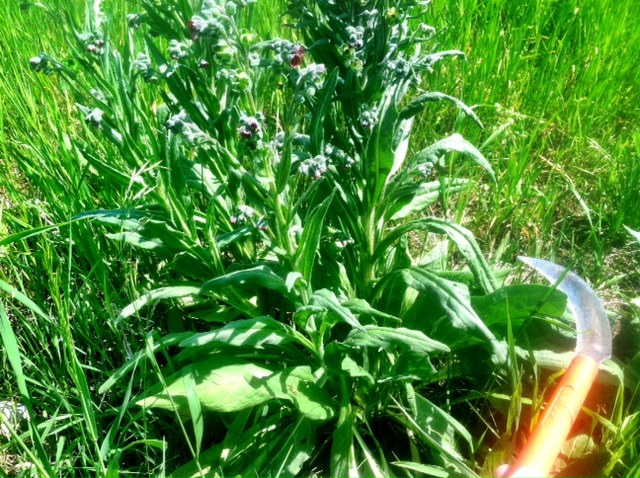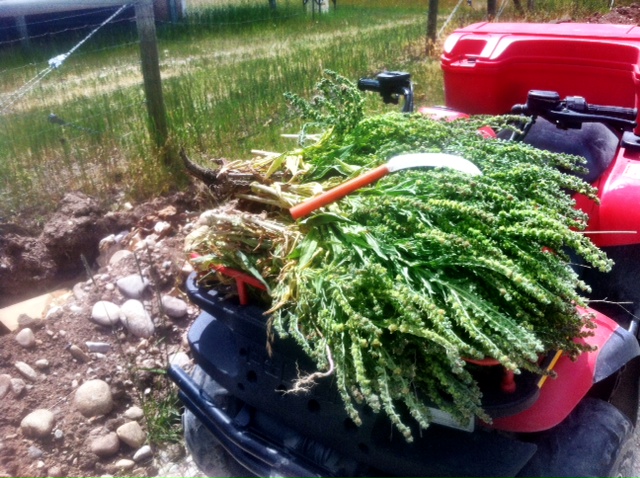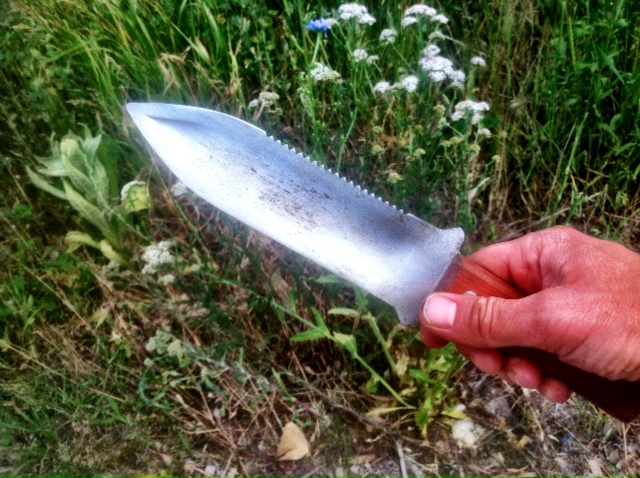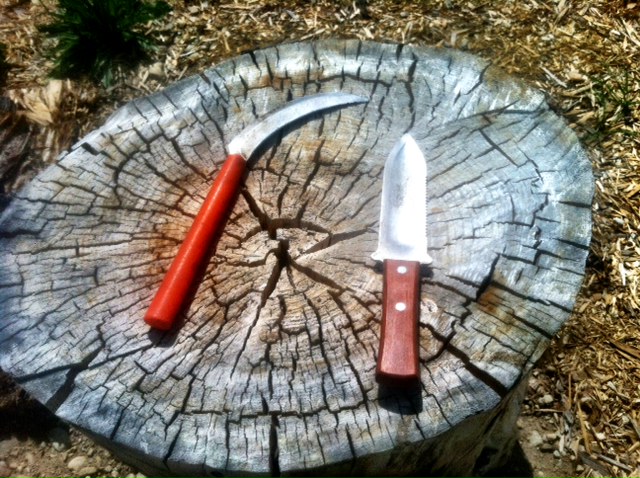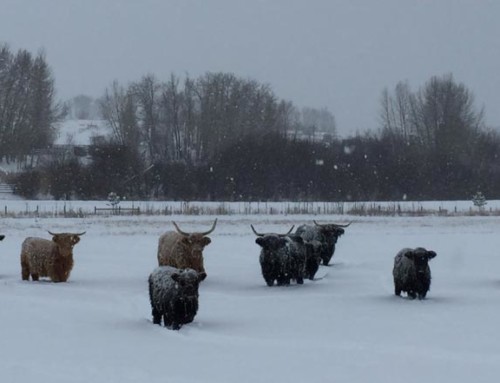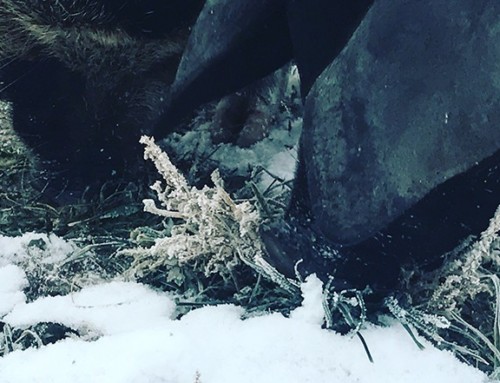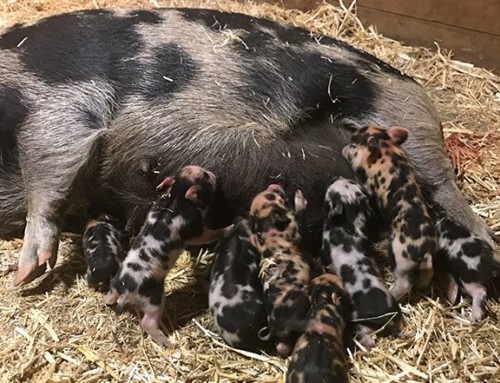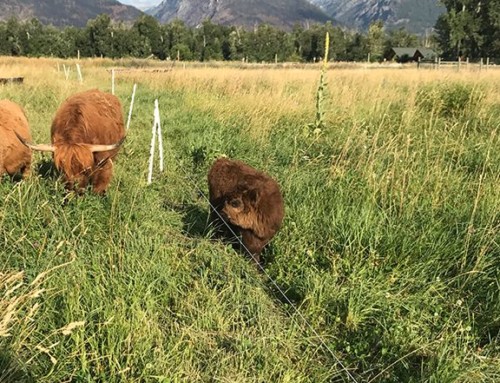“Everything gardens,” is a principle that Bill Mollison shares in Permaculture: A Designer’s Manual. It speaks to the inevitability of all things having an impact on the land through their respective processes of living and dying on this earth. While many of mankind have become increasingly disconnected from the natural world and how their decisions interact with and affect the environment, they still garden to the extent that what and how they consume leaves its mark on the landscape; many times even more than a rabbit making a burrow in a field does.
For those who are farmers, we are in direct interaction with the landscape, witnessing the positive or negative effects our management practices have on our immediate environment. As a permaculture practitioner, I have learned to slow down to observe and interact with the environment around me, thinking about how what I do today impacts the health of the land and its inhabitants weeks, months, and years from now. Over the past few years, we have found that keeping a couple simple hand tools, besides a good pocket knife, on or near us as we go about our daily tasks affords the opportunity to efficiently and effectively interact with the land to improve its health and production capabilities.
The first tool to mention is the Japanese hand sickle, which we use extensively throughout the growing seasons due to its excellence in cutting down thick herbaceous plants and small-diameter woody perennials. Consequently, it is our go-to for chop and drop mulching, as well as timed cutting of plant species we are discouraging further spread of. Conventional farmers would call them weeds, but we call them pioneer species, or early successional plants. We value their contributions in moving our soils into greater levels of health, which in turn encourages the ecosystem to develop as well. However, our interventions help to accelerate the progression of natural succession, while also meeting our current operational needs, and so we feel justified in cutting down the plants we don’t want, while at the same time valuing them as a resource. Just today I found a patch of houndstongue going to seed that I cut down and threw into our composting trench. With just an eight minute interruption of checking our irrigation, I was able to keep literally tens of thousands of seeds from entering the soil’s seed bank, while also stockpiling the houndstongue to become compost where we need it for future production. For the sake of a swift chop, we keep the hand sickles in our back pockets or in the ATV tool box so one is always at the ready just like today, when we observe an interaction that is needed, “in the now.”
The second tool in the spotlight is known as the hori hori knife, and is also of Japanese origins. It brilliantly displays the permaculture principle of stacking functions, as it has many different tasks it dutifully completes for the one fortunate enough to have one handy when walking through their garden, orchard, or pasture. Its design allows one to be able to efficiently complete a number of tasks, such as weeding, light surface digging, cutting, transplanting starts, dividing herbaceous perennial root systems, planting flower bulbs, and the killing of a zombie when needed. I have no experience using it for zombie killing, but based on what is represented in pop culture, it seems to fit the bill for a weapon that may be found in a zombie-slaying arsenal, but I digress.
Buying a set of these tools will set you back around $40-$50, but will push your land management forward several times over. Especially, when you have them with you while on your land. It is one thing to have your to-do lists, but as we have found here at ABC acres, the tyranny of the urgent often takes over, leaving some tasks to be left and forgotten. When having these handy-dandy hand tools at the ready for service, you can keep ahead of “weeds” as well as using vegetation to mulch onto bare soil exposed to the elements, not to mention on-the-fly plant propagation, and the list goes on! We recommend the Japanese hand sickle and hori hori knife for inclusion into your own permaculture property tool kit, or even your zombie slayer stash, if that is what you’re into.
Blessings,
Grant

